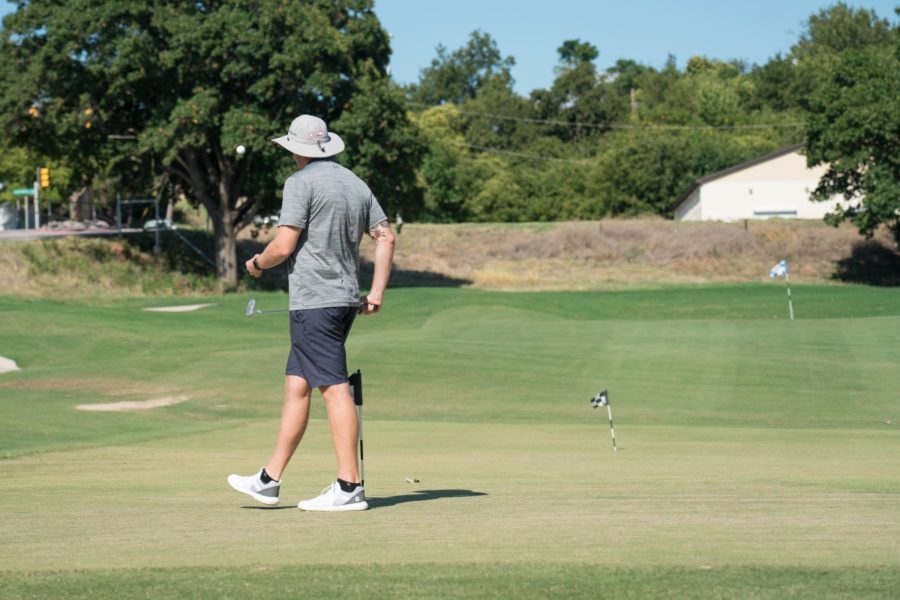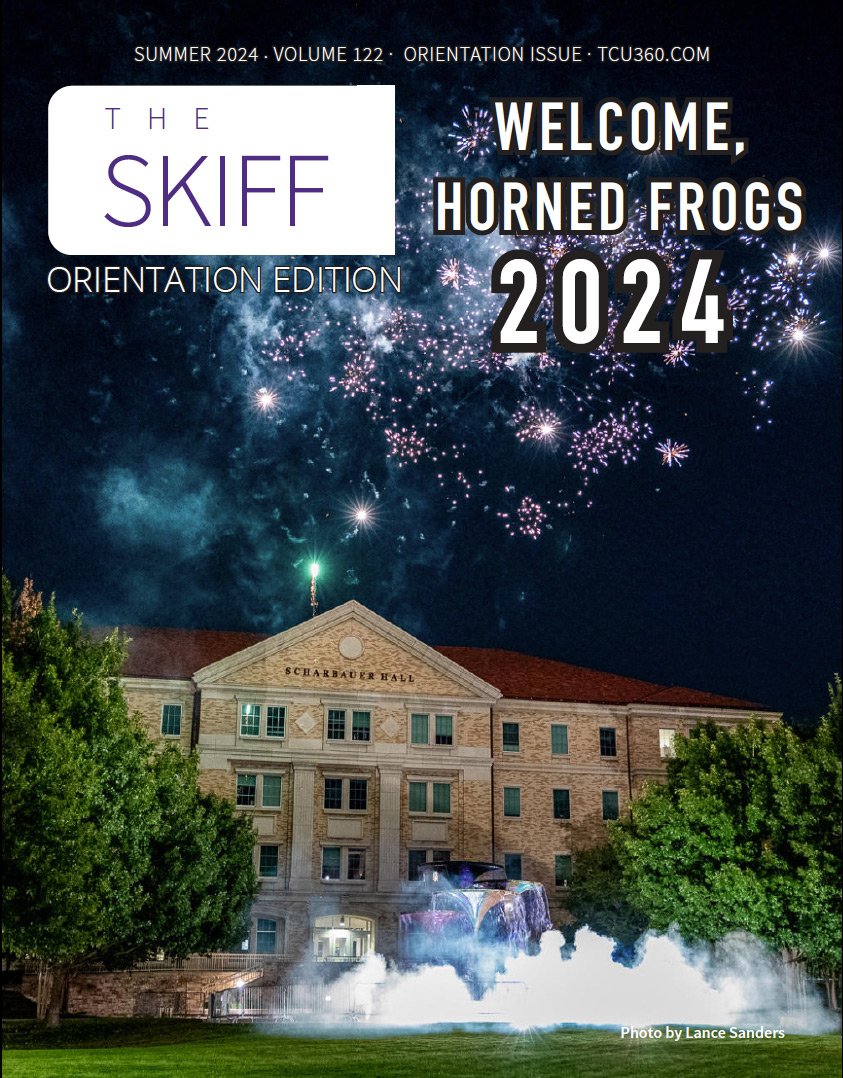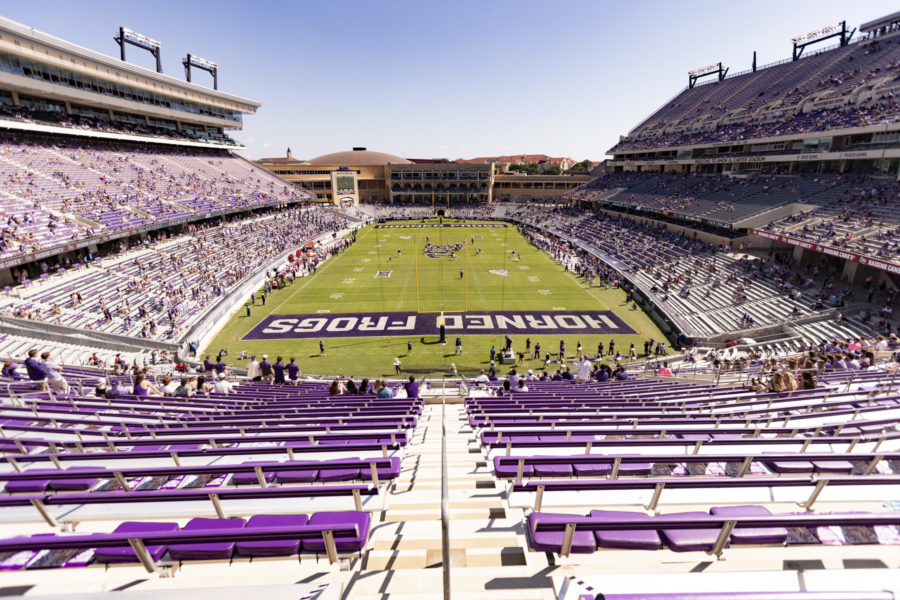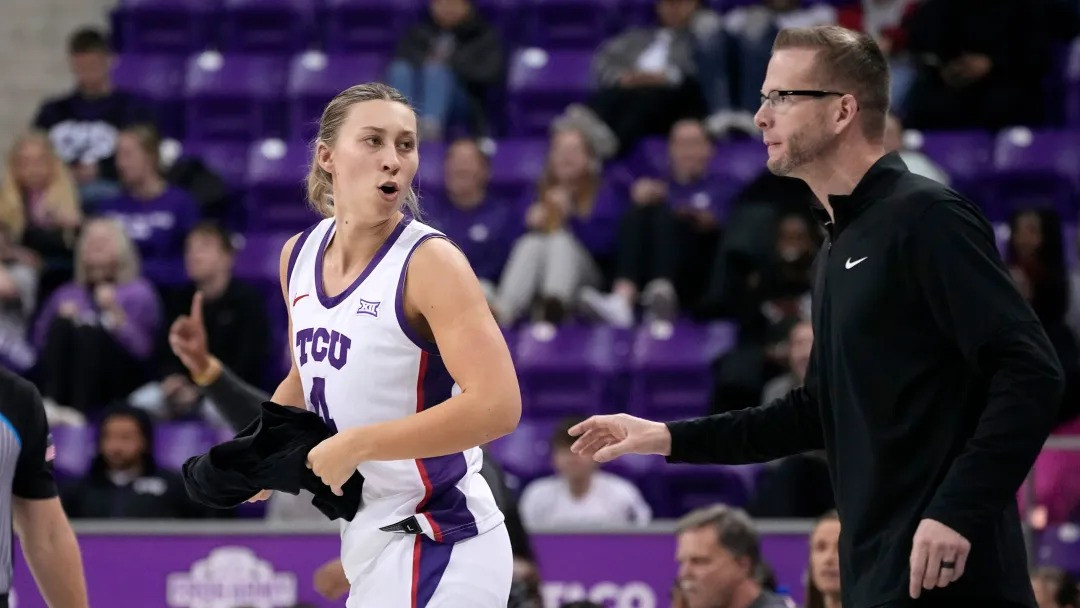Fort Worth golfers looking to tee off this year might have to pay more to do so.
The city of Fort Worth is proposing a $250 increase for individual and senior yearly passes and a $50 increase for youth yearly passes, according to the proposed city budget for the 2020 fiscal year.
Junior passes, for golfers under the age of 17, are proposed to increase by $50 to $150.
However, golfers might not even notice the price increase, said Dave Lewis, the assistant director of golf and athletics for the city of Fort Worth.
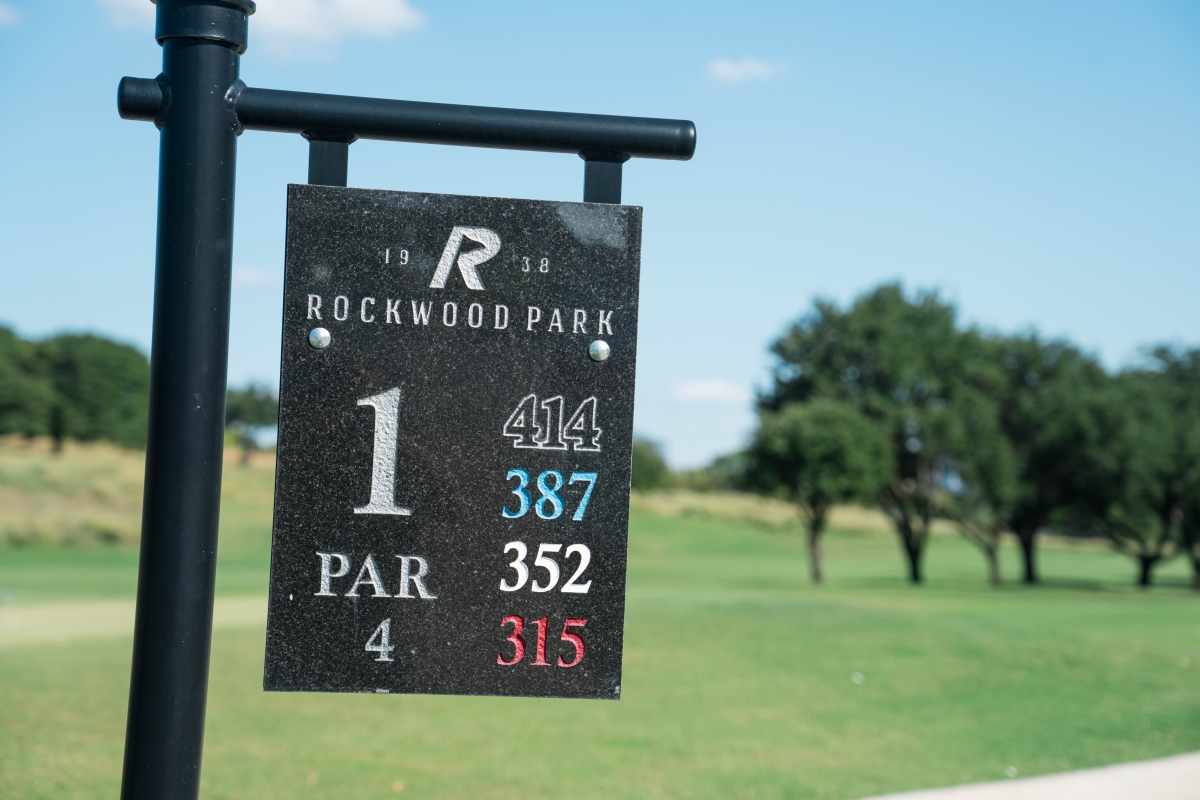
“What we’ve done is taken away surcharges, so you’re actually paying roughly the same amount, but you’re paying it up front instead of at the course,” Lewis said.
Golfers currentl pay either a $3, $6 or $8 surcharge depending on the course.
With these annual passes, golfers are able to play all 18 holes at the city’s three courses but will have to pay extra for golf carts.
Eighteen-hole golf carts will cost $14.78, increasing by $0.92 per ride, and 9-hole golf carts will cost $7.39, increasing by $0.46, according to the proposed city budget.
“You buy the pass and you show up and show your pass and you get to play,” Lewis said.
The budget is proposing golfers will be able to play “surcharge free” at Pecan Valley and Sycamore Creek, Lewis said, but will still have to pay surcharges at Rockwood because it is “the city’s
All of the courses in Fort Worth are special revenue enterprise funds, Lewis said, meaning Rockwood is able to keep all of the money it makes from the annual passes they sell.
Lewis said nearly 90% of the city’s golf play is at courses that are eliminating the surcharges.
Garrett Ellis, a golfer at Rockwood, called the proposed price increase “price gouging.”
“It definitely increases the number of rounds you will need to play to break even,” said Ryan O’Hanlon, a golfer at Rockwood, “but that’s doable for all the golf fanatics who own annual passes.”
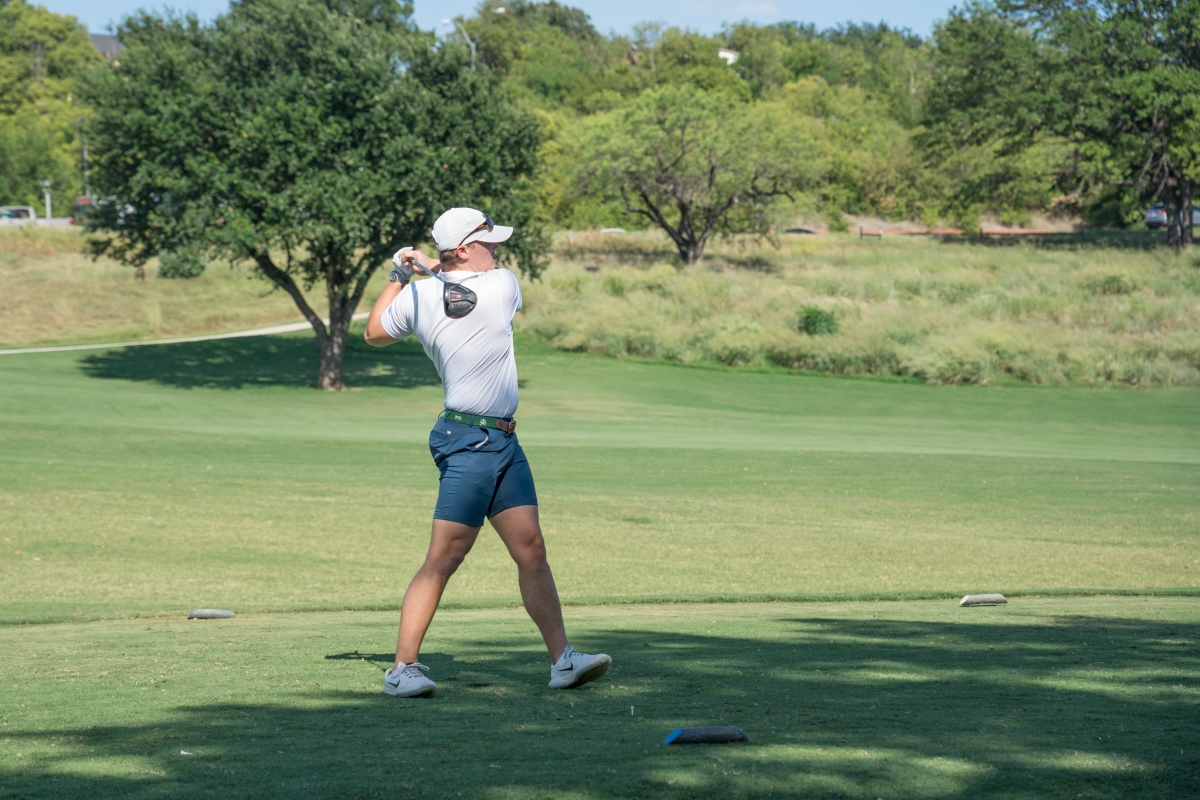
While there is no hard data to prove that golfers are in support of the proposed changes, Lewis said the city has a lot of anecdotal data.
“We’ve heard from golfers, ‘Look, we’d rather pay once instead of keep coming out of pocket,'” he said.
Lewis also said the city hopes the proposed changes will encourage people to play more.
However, Ellis had the opposite opinion, calling the price increase “a deterrent.”
“It’s easier to get them in, get them logged, and send them out rather than having an actual cash transaction as well,” Lewis said. “It should help a lot more on that side and getting people processed faster.”
O’Hanlon said he’s never had any problems paying surcharges at courses and doesn’t think there is any desperate need to eliminate that process.
“There’s no issue, especially if you’re here early to tee off,” O’Hanlon said.
Neither Ellis nor O’Hanlon have annual passes and are not interested after learning about the proposed price increases.
For people who are not able to pay the $250 increase out of pocket, Lewis said the city will implement a payment plan that will break up the payment over the year.


